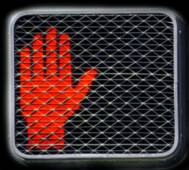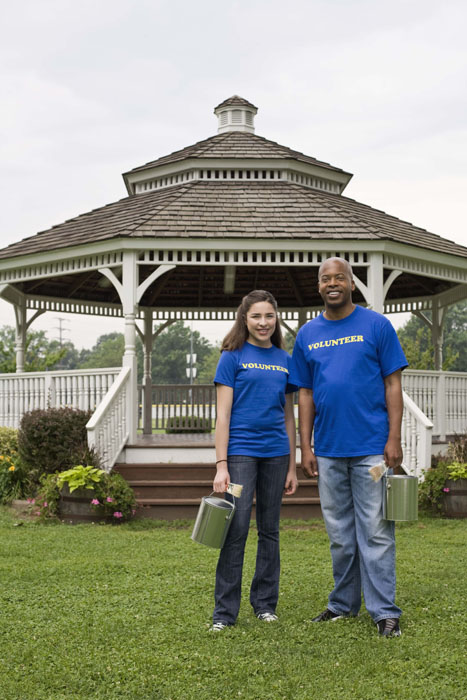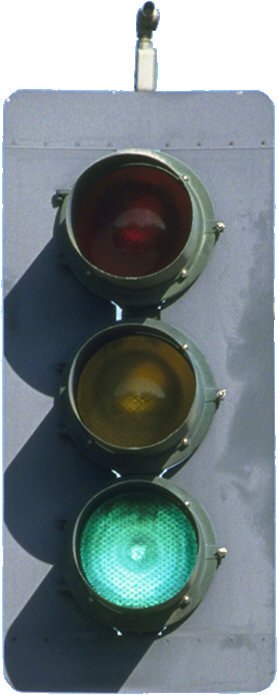I am often asked, "What can I do to help?"
What you choose to do to help and how you do it...IT MATTERS!
____________________________________________________________________
Ask
What are your personal strengths, skills, passions and abilities?
Are you able to contribute with your time? Your finances?
Pray
Ask God to open your eyes and your heart to the needs. Ask God how you can join in and help.
What are your motives?
Are you choosing to dictate what you are going to do based on what YOU think you should do, or have you seriously inquired and studied how you can help?
Let the military servicemember or family member take the lead. If your offer to help is refused, be okay with that. Maybe ask again at a later time, or ask for other suggestions in how you can help. Sometimes even they don't know where to begin to ask for help or what to ask for. Please be patient.
Are you looking for media attention or publicity for your company or organization for your generosity or giving? Then consider focusing your support on a military-supporting organization and not an individual or family.
Other considerations
Bigger isn't always better. I have heard from frustrated members or the military community regarding extravagant giveaways, etc. for the military community that benefit only one individual or family. Consider how your giving can have the greatest impact on the military community.
Sometimes we receive giving out of convenience, and that helps! But will you also consider sacrificial giving? It might mean getting a little more involved. It might mean getting to know our names and faces. It might mean being inconvenienced. If you know of someone in the military community, consider how you can be a better supporting friend, family member, co-worker.
____________________________________________________________________
Observe
Become a student of our world; put yourself in our shoes. Walk through your day and consider how different it would be if your loved one was gone from home for a long period of time and in a dangerous place. Consider the challenges of a caregiver of a wounded warrior...or the needs of the rest of the family. Consider how painful it would be to lose a loved one in combat...or to suicide...and how the loss would affect their lives forever.
Listen with eyes open to opportunities that you can help with (childcare, meals, mowing grass, shoveling snow, special pampering).
Ask those you know who are connected with the military (co-worker, friend, neighbor, church member, etc.) how you can get involved to show support; they may recommend a favorite organization.
The needs of the military community extend beyond the military family. Don't forget parents, significant others, relatives, etc. They have needs and concerns as well.
Be aware that the needs of the military community extend beyond a safe return from a deployment.
Recognize that some military spouses are husbands ~ their needs are unique.
Military spouses who have no children have unique needs as well.
Learn
Caring Insights - Read Operation We Are Here's practical insights in caring for the military community, as shared by the military community (home front families, military personnel, parents of military personnel, families coping with wounds (including PTSD, TBI), families of the fallen. Topics include: What people have done that helps...that hurts. What people have said that helps...that hurts. What we wish people understood. How you can pray for us.
This is a comprehensive packet of materials for parents, caregivers, and professionals who work to meet the needs of young children challenged by the stressors of military life, such as deployment and relocation.
www.MilitaryFamily.org - The National Military Family Association offers these toolkits:
- COMMUNITY TOOLKIT: Finding Common Ground: A Toolkit for Communities Supporting Military Families ~ This toolkit suggests easily-achievable action items and useful resources to guide anyone who wants to support military families, but doesn’t know where to start. Identify yourself in one of the communities below and read about ideas and resources that can start conversations and stimulate action. Then, take some time to explore the other toolkit links. Supporting military families doesn’t need to be complicated or expensive.
- MILITARY KIDS TOOLKIT: This toolkit, coming from the perspective of elementary school-age military children 6 to 11 years old, is the second in a series from the National Military Family Association to give the people in military kids’ lives—teachers, school counselors, coaches, community leaders, religious leaders, neighbors, family friends, or relatives—a way to help them manage stress and affirm the positive aspects of military life. What we hear repeatedly from military kids is that they need people in their community to know what they’re going through. The best thing you can do for a military kid is know who they are and be there when they need to talk to someone.
- MILITARY TEENS TOOLKIT: The National Military Family Association created this kit to give the people in military teens’ lives— teachers, school counselors, coaches, community or religious youth group leaders, neighbors, family friends, or relatives—a way to help them manage stress and affirm the positive aspects of military life. What we hear repeatedly from military teens is that they need people in their community to know what they’re going through. The best thing you can do for a military teen is know who they are and be there when they need someone to talk to.
The Military Family Research Institute at Purdue University has developed How to Help Military and Veteran Families, a series of publications that offer valuable information to various audiences to help them assist and support members of the military, veterans and their families. Each issue provides evidence-based guidance on how a particular group can help, with short, practical suggestions and links that point to additional resources. Each issue has been carefully reviewed both by subject matter experts and military family support organizations.
Toolkit for Veteran Friendly Institutions Toolkit was created by the American Council on Education (ACE). This online resource is designed to help institutions of higher education build effective programs for veteran students and share information. It highlights a variety of best practices and includes video clips, profiles of student veterans programs across the U.S., and a searchable database of tools and resources.
Local needs, programs and opportunities
I have compiled a list of websites to help you connect with military and veteran families in your community. Please visit this LINK, which includes a listing of resource website portals by state.
National needs and programs
What organizations exist nationally that you can support?
Does the military need a new support organization? Many great organizations already exist...doing great things that work. The Operation We Are Here website lists countless organizations that are doing wonderful things already!
____________________________________________________________________
Stop
look & listen
then... Go!
Copyright 2008 - 2019 Benita Koeman, Operation We Are Here. All rights reserved.
Operation We Are Here is a HUB of RESOURCES for the military community and military supporters.
Military support is not a concept to embrace; military support is sacrificial action. Visit our military support TOOLKIT.
Resources for supporters of military and veteran families
- Practical insights in caring for
Military and veteran family resources
- Christian encouragement
- Deployment support for
- Downloads and printables
Operation We Are Here
Follow us on
resources



